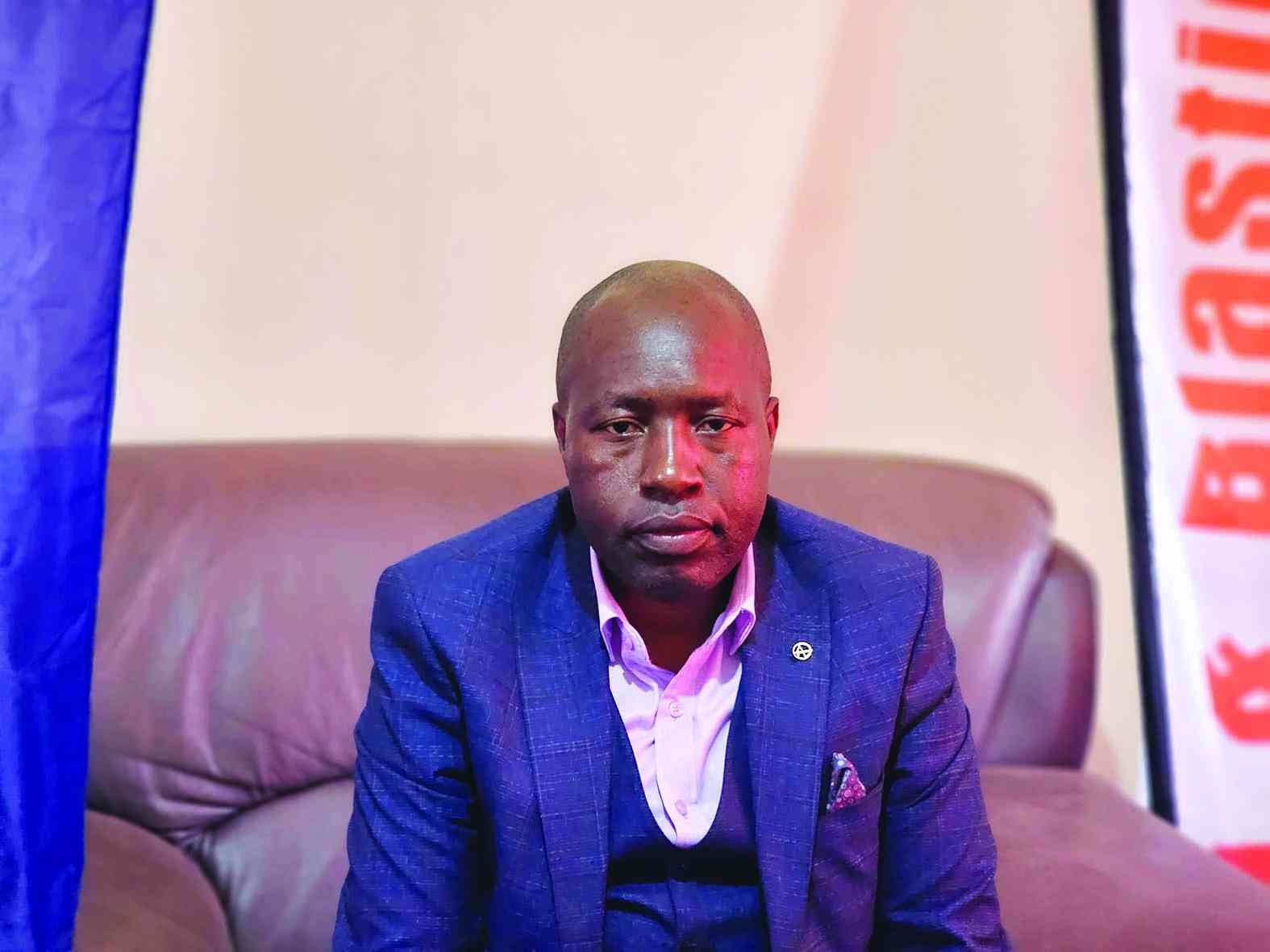
KUNDAI Chidamba, a 42-year-old mining entrepreneur has dedicated himself to empowering the youth and breaking the cycle of drug abuse. Through his innovative initiative, he is providing job opportunities in the mining industry to young individuals, equipping them with the skills and resources needed to earn a living and become positive role models in their communities.
In a wide-ranging interview with NewsDay Senior Reporter Miriam Mangwaya (ND), Chidamba the managing director of T and A Drilling and Blasting Company said where employment opportunities are scarce, the youth should be empowered to take charge and create their paths through entrepreneurship. Chidamba said he was striving to foster a culture of innovation and self-reliance among young people.
Below are excerpts from the interview:
ND: What motivated you into entrepreneurship?
KC: I am a miner by profession. I started my own company at 30. The way I started was casual. It was just after someone asked me to do some blasting for them and I would hire machines to do the job because I was a full-time employee elsewhere.
It was casual work but I later had many people asking for my services. What motivated me into entrepreneurship was the realisation that some of the people who owned companies were my age group.
So I was employed by my age mates. Then I gave it a thought and said no, I can do it. It took courage to quit my job and start my own company.
ND: How much did you invest into entrepreneurship?
KC: When I decided to start my own company I did not have much money. Just a US$1 500 investment, but it took hard work, commitment and discipline. The company was not registered when I started. That was in 2011. I then registered the company in 2013.
I just felt I could do it. It was not by mistake. When I was beginning, I would get some business opportunities and I passed those to my colleagues but clients kept on requesting my services, that is when I decided to scale up my operations.
ND: And how did your family take it?
KC: My family did not take it well when I started this business. I was the breadwinner. I had a managerial post where I was employed. I had a company car.
My family was satisfied with the salary I was earning so it did not make sense to them for me to quit my job. There were so many uncertainties. What if I did not make profit? What if the business died a stillbirth?
There were a whole lot of questions, which were justifiable. So, I had a challenge. I had to prove that I could do it. I had to work hard and I did it. It took only six months for my family to realise the gains of starting my own business.
ND: How big is your company now?
KC: We started with only three full-time employees and we would augment the workforce on a part-time basis. But now I boast over 60 employees as part of my thrust to empower young people. We have spread our wings in terms of operations and we now have contracts with the biggest companies in the country.
ND: What can you say is your biggest achievement in entrepreneurship so far?
KC: No business entity is too small for anything. I did a specialised project for one of the leading companies in the country and I was competing with some big contractors in South Africa for that tender and we won it.
Not because of my connections but with our abilities we managed to complete the project in two-and-a-half months, when the timeline was five months. The project was commissioned and the company is happy about it. It is something we are proud of and we hope that we will have more opportunities for bigger projects.
ND: How are you giving back to the community?
KC: As an entrepreneur I do not forget where I come from. I still consider myself as one of those youth in the suburbs, but we now have a challenge — the drug scourge.
Government is doing all it can to emancipate the youth and I saw it fit to join the fight. The best drillers that we have in our company are survivors of drug addiction.
I was walking in the suburbs and I saw five youths, two of them at first, young, energetic, seemingly intelligent but high on drugs.
I realised they were lives that were being wasted. I need to rescue them, I thought. Why not give it a try? I approached them. They were not employed and took up my offer immediately and within two months, they had transformed to breadwinners. If you see them right now, you may not believe that they were once drug addicts.
ND: How do you manage abstinence from drug use?
KC: We take them to the work sites, away from their community. And when we are into business we do drug testing. We do not permit drug use. So if one is at work, no use of drugs is allowed.
So if their shift at the work site is about a month-long, it means they will not be using drugs throughout that period. So imagine they spent a full month in abstinence and then go back home, chances of relapse are slim.
Once they realise that they are formally employed and they are earning a living, they do not take drugs and I am expecting to do more, as we scale up our operation, it is also our main focus to uplift young people in communities.










